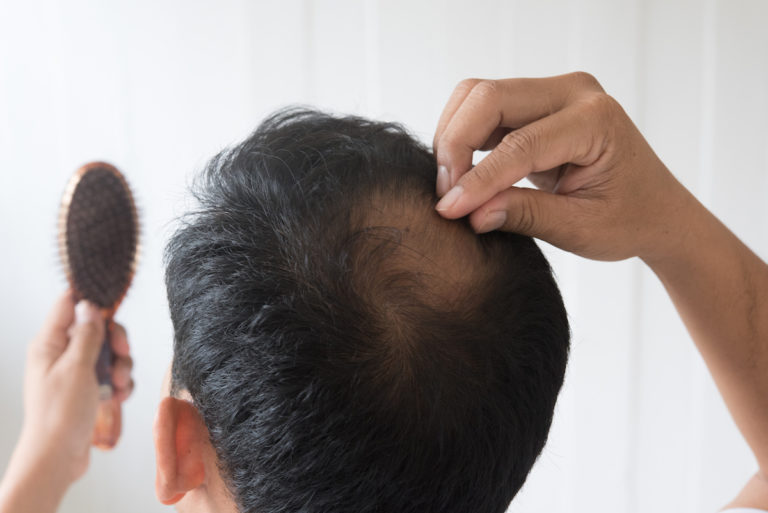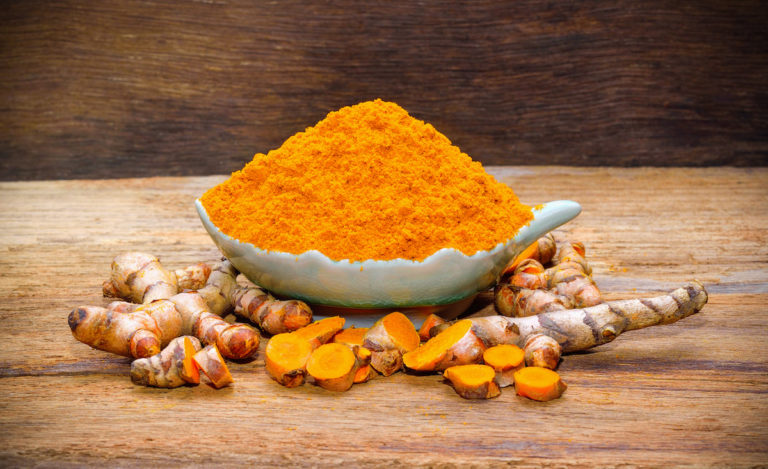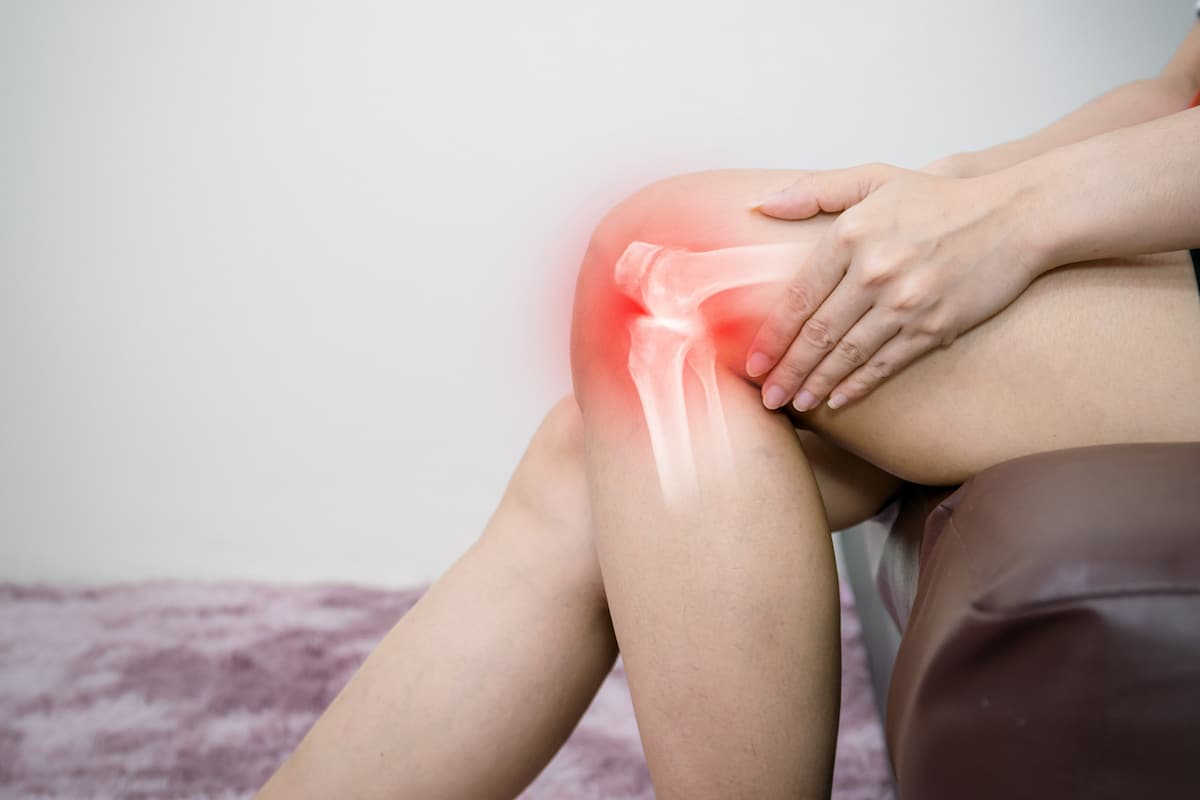Updated on 14. November 2021 from ÁYIO-Q Redaktion
Reading time: approx. 5 minutes
Diseases of the thyroid gland have very different causes. In most cases, an underactive thyroid (hypothyroidism) occurs as a result of thyroiditis Hashimoto’s thyroiditis. However, the conventional medical treatment of an overactive thyroid (hyperthyroidism) can also lead to hypothyroidism. Another reason, which has been known for a long time, is the widespread iodine deficiency.1
This is why iodine is added to common table salt (sodium chloride) in the form of sodium and potassium iodate. Hyperthyroidism and Hashimoto’s thyroiditis are autoimmune diseases. For as yet unknown reasons, the patient’s own immune system forms antibodies against certain proteins of the thyroid gland.2,3
Treatment options for thyroid disease in conventional medicine.
In orthodox medicine, therapy depends on whether hypothyroidism or hyperthyroidism is present. In the case of hypothyroidism, drug treatment with L-thyroxine (levothyroxine) is the method of choice. The synthetic hormone works exactly like the body’s own tetraiodothyronine (T4) and is converted by our organism into triiodothyronine (T3). To reduce the side effects to a minimum, one should start with a low dose and slowly increase the amount taken until the optimal dosage is reached.
In the case of hyperthyroidism, thyreostatics are used first, which inhibit the formation of T3 and T4. If this does not normalise the thyroid levels, doctors usually recommend radio-iodine therapy or thyroid surgery.
Hashimoto’s thyroiditis is usually not treated until hypothyroidism occurs. Then the lifelong intake of L-thyroxine takes place.
Diseases of the Thyroid from a Naturopathic Perspective
From the naturopathy’s point of view, in many cases the thyroid gland itself is not responsible for the observed disturbances of the metabolism and other complaints. The sensitive organ merely indicates that there are problems elsewhere in the organism.
In addition to iodine deficiency, an undersupply of other minerals and vitamins can also be a cause of thyroid disorders. In the third part of this series of articles, we go into more detail.
It is not uncommon for the thyroid gland to also be exposed to aluminium (cosmetics, food packaging) and the heavy metals mercury (amalgam from dental fillings) and vanadium. Plasticisers in plastic articles (phthalates, bisphenol A) and pesticides such as glyphosate (Roundup from Monsanto) can also impair the function of the thyroid gland.4-7
Liver, intestine and thyroid are closely connected
Other important connections exist between our thyroid gland and the organs liver and intestine. How can this be explained? As in the whole body, the thyroid hormones T3 and T4 also control energy metabolism in the liver. Before this can happen, these hormones must be activated in the liver.8
In other words, a weakened liver leads to thyroid problems and thyroid disorders affect the function of the liver. There is a similar relationship between the thyroid and the intestine: T3 and T4 regulate metabolism in the gastrointestinal tract, so diarrhoea (hyperthyroidism) or constipation (hypothyroidism) can occur.
This, in turn, affects the composition of the intestinal colonisation (microbiome), which contributes significantly to the absorption of iodine and other minerals from the diet. Thus, a sluggish gut leads to decreased production of thyroid hormones and vice versa.9,10
As a recent clinical study from Iran shows, thyroid function can be improved by taking live gut bacteria (probiotics) and prebiotic foods (prebiotics).11
Prebiotics include apples, bananas, artichokes, broccoli, chicory, fennel, carrots, garlic, celeriac, kohlrabi, horseradish, parsnips, parsley root, radishes, beetroot, Jerusalem artichokes, yacón and onions.
Naturopathic treatments for hypothyroidism, hyperthyroidism and Hashimoto’s disease
In naturopathy, it does not matter what type of thyroid disorder is present. Holistic therapies always start at several cornerstones. These include above all:
- Dietary changes with a high proportion of prebiotic foods
- Elimination of a deficit of vitamins, minerals and omega-3 fatty acids
- Severely limit sugar, sweets, processed foods, alcohol and all other products that stress the liver and intestines.
- Drink enough quality water.
- Detoxification of the liver and thyroid gland
- Colon cleansing and bowel rehabilitation.
The ÁYIO-Q Centre of Vitality has developed various programmes that can help detoxify the thyroid gland. In a recent survey, nine out of ten participants rated their physical and mental condition as better after three months of use than before.
On the website, ÁYIO-Q offers a free self-test. It is used to get an overview of the current state of life energy and self-healing powers.
Further articles on hypothyroidism, hyperthyroidism and Hashimoto’s thyroiditis
- Hypothyroidism, hyperthyroidism, Hashimoto’s – Minerals and vitamins support our thyroid.
- Hypothyroidism, hyperthyroidism, Hashimoto’s – Psychic aspects
- Hypothyroidism, hyperthyroidism, Hashimoto’s – The most common thyroid diseases.
Sources:
[1] Hypothyroidism, at https://www.netdoktor.de, Access date 15.09.2021
[2] Hyperthyroidism, at https://www.netdoktor.de, Access date 15.09.2021
[3] Hashimoto’s thyroiditis, at https://www.netdoktor.de, Access date 15.09.2021
[4] Benvenga S et al. Endocrine disruptors and thyroid autoimmunity. Best Pract Res Clin Endocrinol Metab. 2020 Jan;34(1):101377.
[5] Pamphlett R et al. Mercury in the human thyroid gland: Potential implications for thyroid cancer, autoimmune thyroiditis, and hypothyroidism. PLoS One. 2021 Feb 9;16(2):e0246748.
[6] Meeker JD, Ferguson KK. Relationship between Urinary Phthalate and Bisphenol A Concentrations and Serum Thyroid Measures in U.S. Adults and Adolescents from the National Health and Nutrition Examination Survey (NHANES) 2007–2008. Environ Health Perspect. 2011 Oct;119(10):1396-402.
[7] Leemans M et al. Pesticides With Potential Thyroid Hormone-Disrupting Effects: A Review of Recent Data. Front. Endocrinol. 2019 Dec 9;10:743.
[8] Malik R, Hodgson H. The relationship between the thyroid gland and the liver. QJM. 2002 Sep;95(9):559-69.
[9] Knezevic J et al. Thyroid-Gut-Axis: How Does the Microbiota Influence Thyroid Function? Nutrients. 2020 Jun 12;12(6):1769.
[10] Fröhlich E, Wahl R. Microbiota and Thyroid Interaction in Health and Disease. Trends Endocrinol Metab. 2019 Aug;30(8):479-490.
[11] Talebi S et al. The effects of synbiotic supplementation on thyroid function and inflammation in hypothyroid patients: A randomized, double-blind, placebo-controlled trial. Complement Ther Med. 2020 Jan;48:102234.















